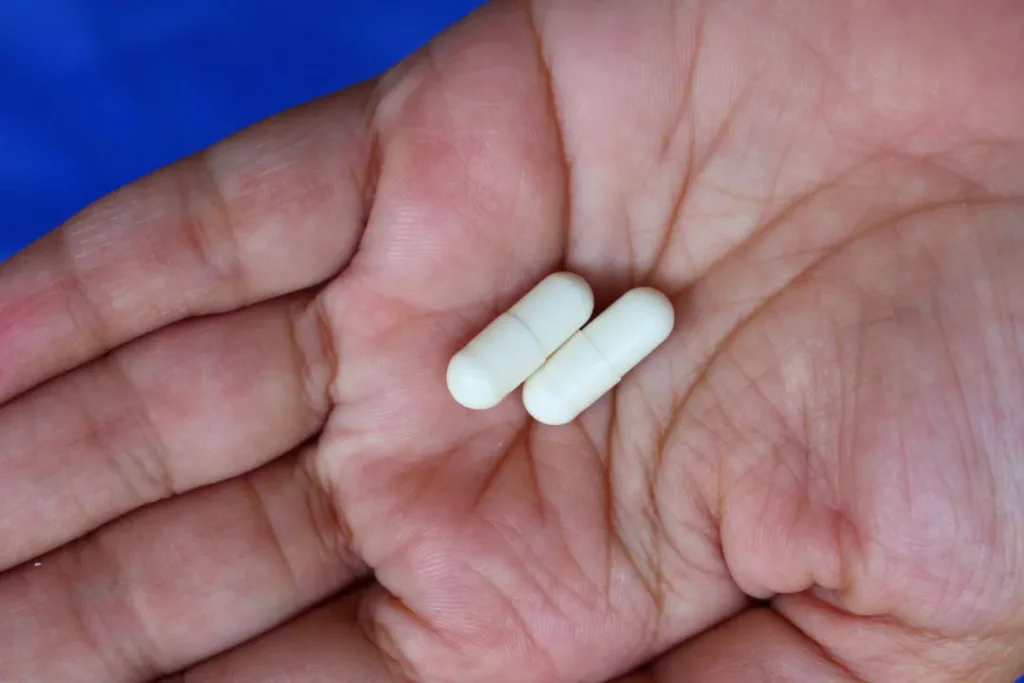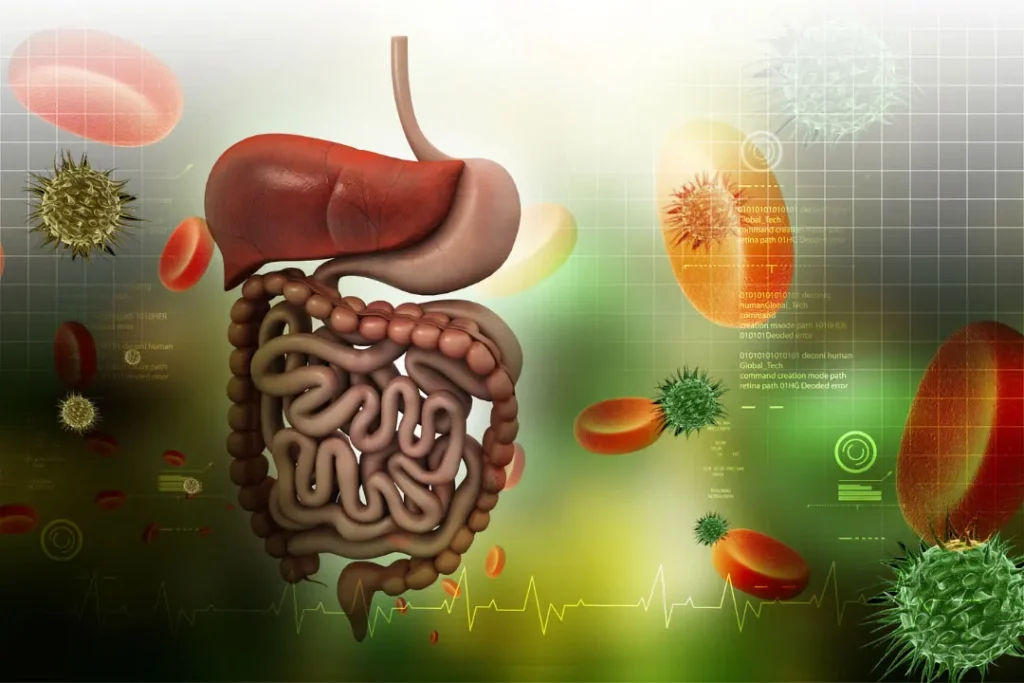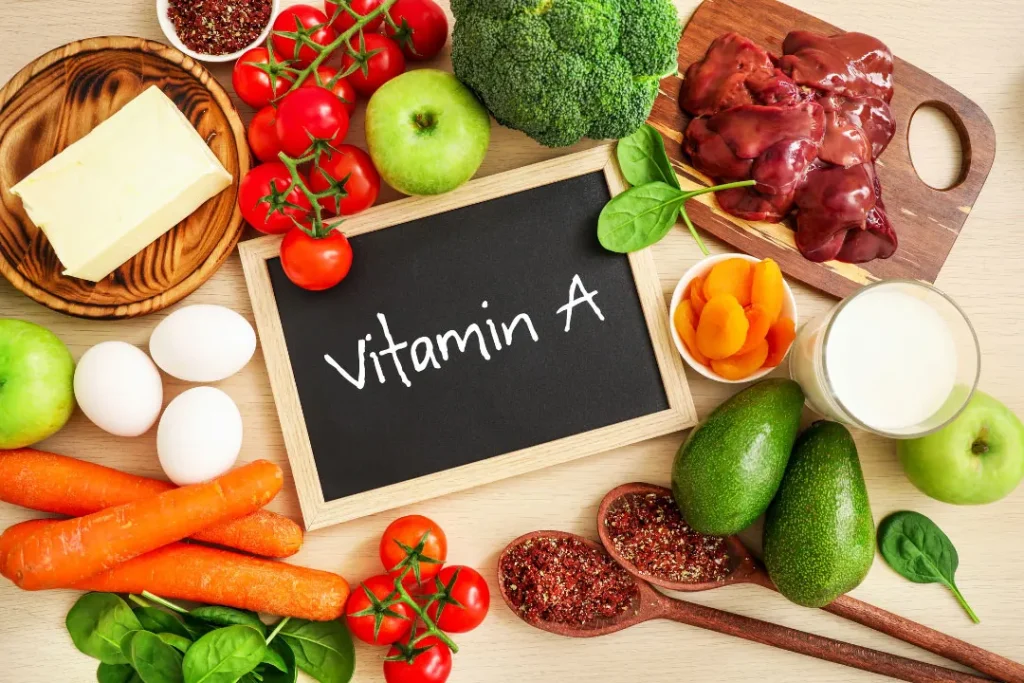Due to its exceptional qualities and potential advantages for human health, the naturally Chitosan is a nutritional supplement that possesses unique qualities that may help you with kidney problems and lowering your cholesterol. Using Chitosan could provide you assistance with infections and bleeding. Chitosan has been the subject of several, recent scientific studies. It is a substance that is derived from chitin, one of the most prevalent organic compounds on Earth. The article will explain Chitosan’s variety of uses and benefits.
You May Also Like:
Nootopia Brand vs MyPEAK Brand: Best Nootropic Supplements Compared
Cardamom: Benefits, Dosage, Side Effects, Drug Interactions, and Other Important Information
Chitosan: Benefits, Dosage, Side Effects, Drug Interactions, and Other Important Information is an original (NootropicsPlanet) article.
The Nature of Chitosan
Chitosan is a linear polysaccharide. It is made up of N-acetyl-D-glucosamine (acetylated unit) and -(1-4)-linked D-glucosamine (deacetylated unit), scattered at random. Chitosan is derived from chitin. Chitin is a major component in the exoskeletons of crustaceans, insects, and fungal cell walls, so you can imagine just how abundant of a substance Chitosan truly is.
Chitosan’s degree of deacetylation (DD), which measures the proportion of deacetylated units in the polymer chain, significantly influences both its physical characteristics and prospective applications, including health benefits in the form of supplements. Other characteristics of Chitosan are that is has antibacterial properties, is water soluble, biodegradable, and biocompatible.

Health Benefits of Chitosan
The primary claimed advantages are improved wound healing, lipid-lowering effects, and weight control.
Chitosan’s effectiveness in weight control is due to its capacity to bind dietary lipids in the digestive system. It acts as a “fat trapper,” attaching to your bile acids and negatively charged fatty acids to create a combination of fat and fiber that is impervious to enzymatic digestion and absorption. As a result, this compound is eliminated from the body, which lowers your calorie intake overall.
Chemistry of Chitosan
Chitosan has a distinctive positive charge that comes from the amino groups in the glucosamine residues. Chitosan’s ability to attach to negatively charged molecules and surfaces, such as lipids and the surfaces of gut epithelial cells, is a significant factor in its potential health advantages.
Physiological Mechanisms of Action
The chemical makeup of Chitosan is closely related to its main physiological effects, with the positively charged glucosamine residues playing a significant role.
Chitosan enters your stomach’s acidic environment after consumption, causing its amino groups to protonate. This raises its positive charge, enabling it to attach to dietary bile salts and negatively charged fatty acids. The resulting fat-fiber combination is expelled in feces because it is resistant to enzymatic breakdown in the small intestine. By lowering the bioavailability of dietary lipids, this process lowers calorie consumption.
Chitosan’s effects on lipid absorption makes it able to decrease your cholesterol. Lower blood cholesterol levels result from Chitosan’s capacity to bind lipids, including cholesterol, in the digestive system inhibiting their absorption.
Chitosan’s positive charge makes it possible for it to interact with the negatively charged microbial cell membranes, causing internal components to seep out resulting in cell death. The biocompatibility and biodegradability of Chitosan also promote wound healing and tissue regeneration.

Optimal Dosage of Chitosan
The best amount of Chitosan to take depends on the situation, including the person’s health and the particular goal of the supplementation. Studies have often employed dosages between 1,000 and 3,000 mg/day in the context of weight control and cholesterol reduction. Usually, two or three doses of this medication are given before meals. To find the right dose, you are advised to speak with a healthcare professional due to variation person to person.
Side Effects of Chitosan
Chitosan has a number of advantages, but it may also have negative effects, the most of which are gastrointestinal in nature. These include stomach pain, gas, constipation or diarrhea, and bloating. Importantly, since Chitosan comes from shellfish, those who have shellfish allergies should avoid using it to avoid adverse responses.

Potential Substance Interactions with Chitosan
Chitosan’s ability to bind to fat means that it may prevent certain drugs from being absorbed, especially those that are fat-soluble. These could include several vitamins (A, D, E, and K), oral contraceptives, and specific heart and seizure drugs. Before beginning Chitosan supplementation, it’s crucial you receive medical advice, particularly for those of you who are taking medication at the same time.

Responsible Use of Chitosan
Recognizing the advantages and possible hazards of Chitosan is necessary for responsible usage. For people utilizing Chitosan for weight management or lipid-lowering effects, regular monitoring by a healthcare professional is advised to make sure it is utilized safely and efficiently. Additionally, Chitosan should be used in conjunction with a healthy diet and regular exercise, not in place of, since those activities are the pillars of good health.
Chitosan is an intriguing biopolymer with a variety of possible health advantages. Like any supplement, its usage should be tailored to the user’s requirements and should not take the place of regular medical procedures. Future study is recommended to investigate its possible applications further and to perfect its delivery and dose for different health outcomes.
Chitosan: Conclusion
Due to its exceptional qualities and potential advantages for human health, the naturally occurring biopolymer, Chitosan, has been the focus of several scientific studies. Through a deacetylation process, it is derived from chitin, a major component of the exoskeletons of crustaceans, insects, and fungal cell walls, making it an abundance resource. The potential health advantages of Chitosan have been made clear. It lowers dietary cholesterol and other lipid absorption, possibly reducing hypercholesterolemia, a major risk factor for cardiovascular illnesses. In conversation with your health care professional(s), consider adding Chitosan into the other dietary choices you are making to improve your health.
References:
- Chitosan and its use as a pharmaceutical excipient. Retrieved From: https://pubmed.ncbi.nlm.nih.gov/9755881/
- Weight loss and delayed gastric emptying following a South American herbal preparation in overweight patients. Retrieved From: https://pubmed.ncbi.nlm.nih.gov/11424516/
- Chitosan: An Overview of Its Properties and Applications. Retrieved From: https://www.ncbi.nlm.nih.gov/pmc/articles/PMC8512059/
Important Note: The information contained in this article is for general informational purposes only, and should not be construed as health or medical advice, nor is it intended to diagnose, prevent, treat, or cure any disease or health condition. Before embarking on any diet, fitness regimen, or program of nutritional supplementation, it is advisable to consult your healthcare professional in order to determine its safety and probable efficacy in terms of your individual state of health.
Regarding Nutritional Supplements Or Other Non-Prescription Health Products: If any nutritional supplements or other non-prescription health products are mentioned in the foregoing article, any claims or statements made about them have not been evaluated by the U.S. Food and Drug Administration, and such nutritional supplements or other health products are not intended to diagnose, treat, cure, or prevent any disease.


